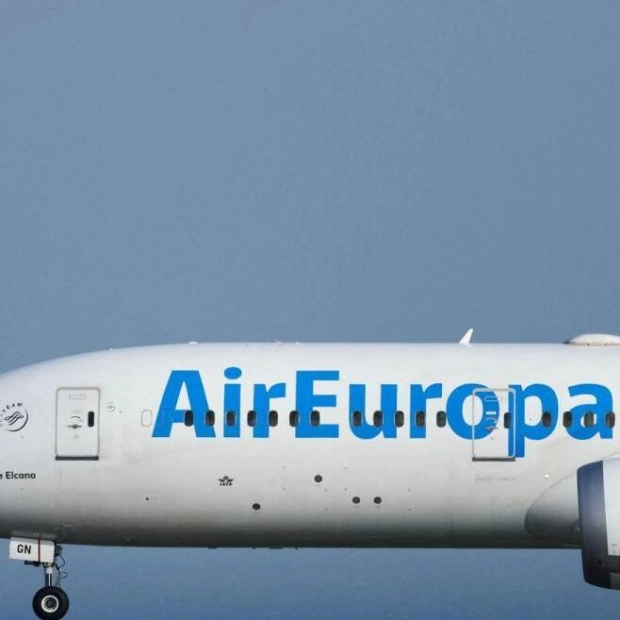Question: Are foreign insurance companies allowed to establish wholly owned subsidiaries in India? Numerous well-known foreign insurance companies are keen on making a 100 percent investment in an Indian venture.
ANSWER: Currently, the regulations for foreign direct investment in the life insurance sector do not allow for 100 percent investment in an Indian company. However, the government is actively considering changes to the regulations to enable foreign entities to set up wholly owned subsidiaries in India for the life insurance business. Such amendments would require parliamentary approval once a decision is made. Most analysts believe that allowing 100 percent investments in insurance companies poses no significant risk due to the comprehensive guidelines set by the insurance regulatory authority and the existing mechanisms to monitor foreign investments. The relaxation of the investment limit would be beneficial for the life insurance sector as it would help promoters meet the solvency norms set by the Insurance Regulatory & Development Authority of India.
Question: I have experience in the hospitality industry both in India and the Gulf. My son, who has recently graduated from an international school, is interested in starting a chain of fast food outlets in India. Given the presence of established global chains, is there potential for success?
ANSWER: The profitability of many quick service restaurants (QSRs) has faced challenges in the first quarter of this year, partly due to the entry of new Indian QSRs offering competitive deals. While global brands were once favored by aspirational consumers, a new market segment of young, experimental Gen Z customers is emerging in India, influencing consumption patterns. The Indian consumer market is now diverse, with the availability of various food options through food delivery aggregators. If new Indian brands provide a favorable user experience, there is a shift in consumer preference. Global brands are responding to these challenges by offering discounts and promotions. Indian brands are leveraging food delivery aggregators to reach a wide customer base and achieve scale. The growth of domestic QSR chains, which are better attuned to regional tastes and offer a variety of fast food options, has impacted the expansion of international brands. Your son's aspiration to start a fast food chain in India is promising, considering the large potential market of around 300 million middle-class consumers.
Question: I have been offered a five-year assignment by a company in Hyderabad that provides critical healthcare management services in the United States. I am concerned about the sustainability of this facility.
ANSWER: Your concerns are unwarranted. Global capability centres (GCCs) in India are pivotal in providing critical functions in the healthcare sector, including clinical applications, product development, data analytics, and digital operations. These centres are developing advanced products in areas like genomics, clinical research, and personal care. Indian GCCs are addressing challenges faced by the American healthcare system, such as high care costs, staffing shortages, and burnout rates, using artificial intelligence to enhance patient care and streamline operations. The American healthcare system has significantly benefited from these centres, integrating advanced technologies to improve patient outcomes and access to affordable care. The future is bright for these centres, with some employing around 1,500 tech professionals and expecting to double in size by the end of next year.
HP Ranina is a practicing lawyer specializing in corporate and tax laws of India.






